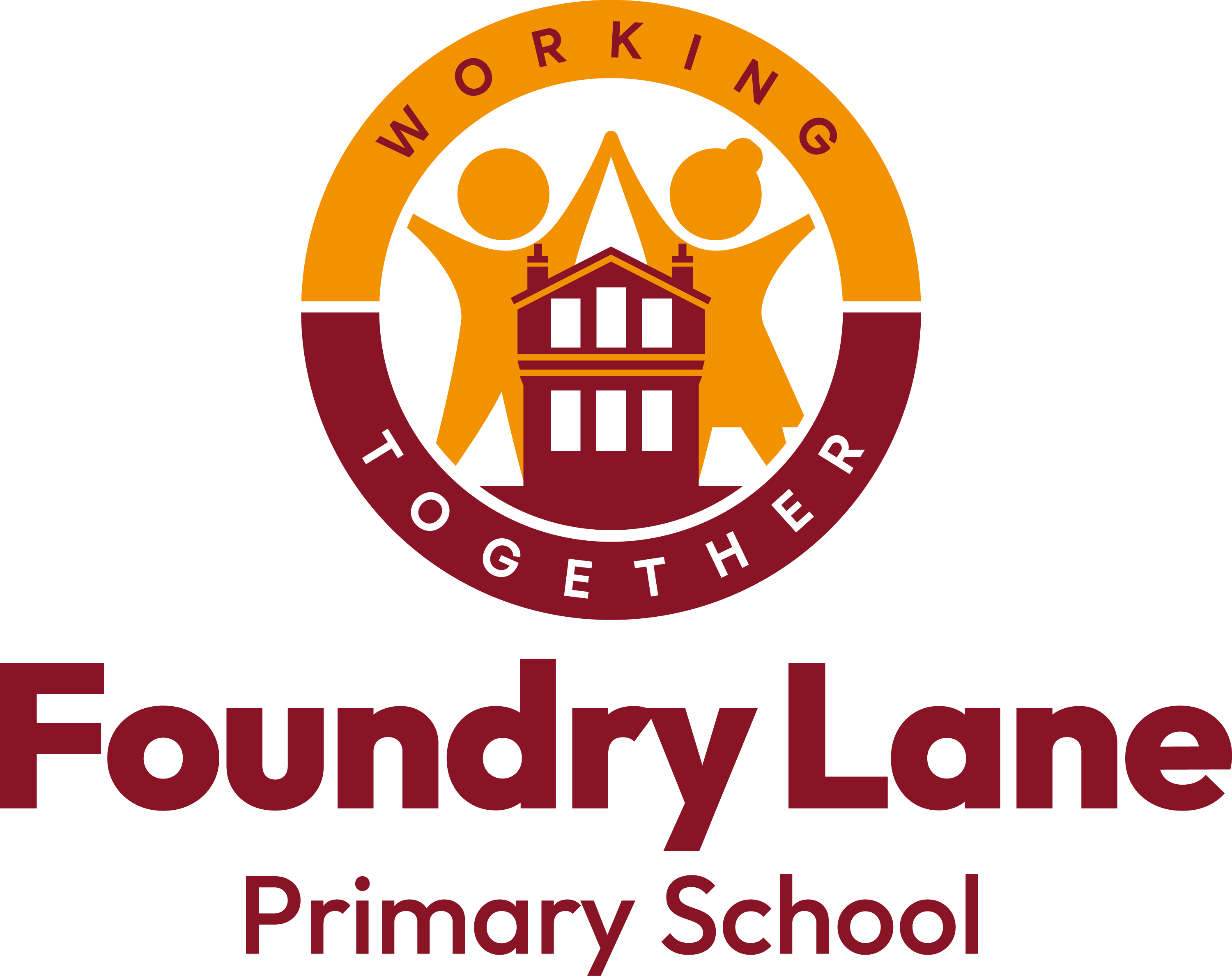English
English curriculum intent
At Foundry Lane, the English curriculum will develop pupils’ spoken language, reading, writing, grammar, spelling and vocabulary in order for them to become lifelong learners. The teaching of English is underpinned by the choice of high-quality, engaging texts, which are carefully selected to reflect the context of our school community and provide both reading and writing opportunities. We will ensure that our curriculum addresses and supports our vulnerable groups within English and that it provides opportunities for them to achieve the knowledge and skills that we would expect of all our pupils.
Throughout the curriculum, there is the expectation that all pupils will have the opportunity to convey their ideas fluently and confidently and to ask questions; use of Kagan language structures across the school supports this. We aim to expose our children to a wide range of vocabulary so that they able to decipher new words and use them accordingly. Whole school events promote the use of spoken language, including class assemblies and school productions.
Foundry Lane places a strong focus on early reading. Phonics is taught systematically following the Letters and Sounds phonics programme. We adopt a determined approach to teach phonic awareness and secure word recognition to ensure that all children have the fluency and automaticity required to access all reading material and to fulfil potential across all areas of the curriculum. The teaching of reading develops pupils’ comprehension skills using a wide range of high quality reading material. Throughout the school, children will be heard reading individually and in groups, and parents are given clear expectations about reading at home. We promote a love of reading and encourage our pupils to be avid readers, who read fluently and widely and are able to express preferences and opinions about the texts they read.
In writing, learning journeys are carefully-planned to develop pupil’s stamina, confidence and accuracy to write for a variety of purposes and audiences whilst developing their own individual flair. To support children in moving towards independent writing, we provide a wide range of activities including use of film and imagery, modelled, shared and guided writing, peer editing and discussion within the writing journey. All lessons develop writing skills so that our pupils learn to write with grammatical accuracy and are able to apply spelling patterns correctly. Handwriting sessions, using the Kinetic Letters programme, are taught discretely and embedded into the English lessons.
Reading at Foundry Lane
A key element of our teaching of reading at Foundry Lane is the use of our Reading Monsters. These help the children to understand and apply the different reading domains, through the use of characters who help them to practise the skills they need to be successful readers.
At Foundry Lane, we will read:

Years 1, 2 and 3

Years 4, 5 and 6
Reading fluency
Across the school, we are focusing on improving our reading fluency. This relates to how you read - making it engaging for your listener, and supports their understanding of what they've read. The poster below explains more about the different elements of reading fluency.
Reading at home:
We expect children to be reading at home every day. This can be done with an adult or independently. In KS1, they must fill in their Reading Log, and in KS2 they must log their read on Go Read. See the document below for advice about reading with your child.
Key policy documents
-
Recommended Reads
Struggling to find a book your child will enjoy? We recommend you have a look at the Books for Topics website, which is regularly updated with the best new titles for each year group! Or check out Mrs McKeeman's recommendations using the link below!
